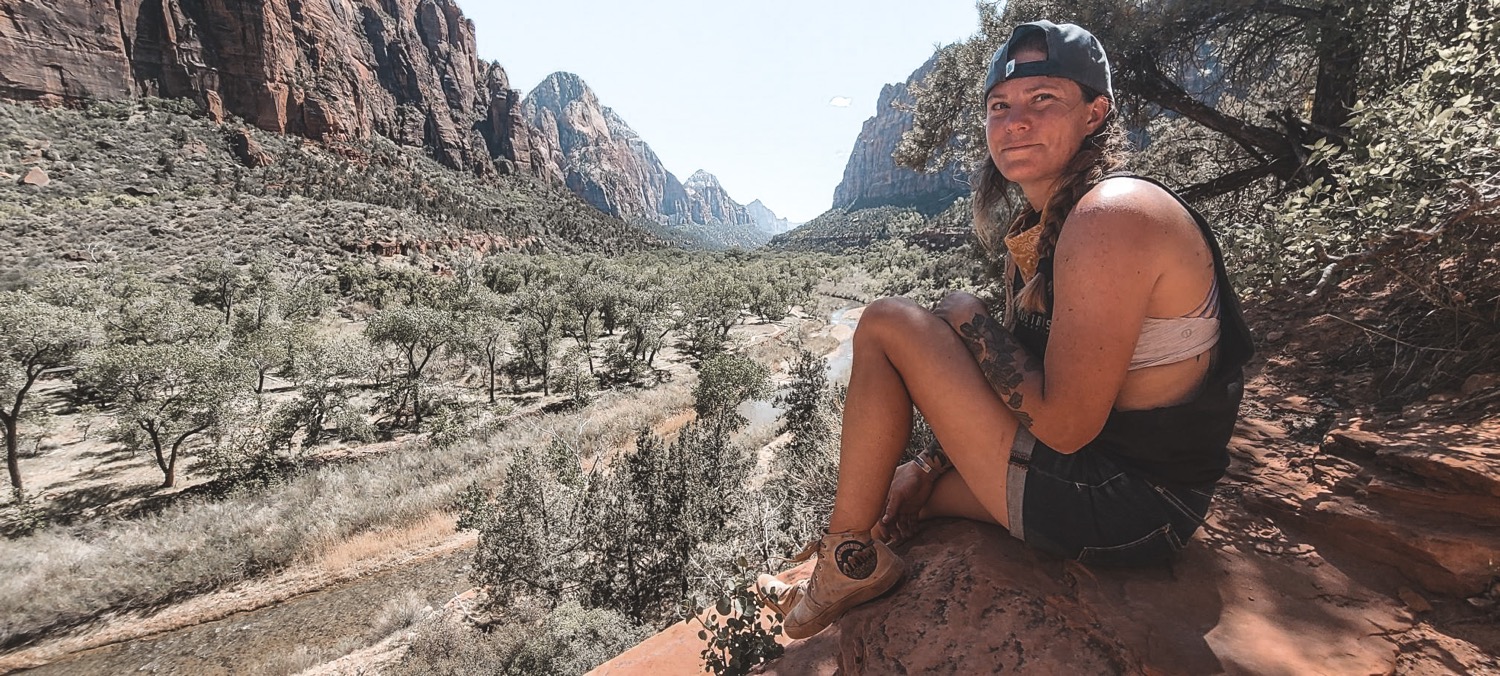Packing Camera Gear for the Back Country
- Jessica Rambo
- Sep 30, 2023
- 2 min read
When it comes to camera gear for hiking in the backcountry, it's important to strike a balance between functionality and weight. I carry the Mirrorless canon EOS R, but you don't need this elaborate camera kit. Create a kit that's right for you. at the end of this article I will link my current kit list. Hopefully you'll find something new, or realize you don't really need a huge kit to make a lasting impact. Here are some essential camera gear options for hiking:
1. Lightweight Camera: Opt for a compact and lightweight camera that still offers good image quality. Mirrorless cameras like the Sony Alpha series or Fujifilm X-T series are popular choices for their portability and image quality.
2. Wide-Angle Lens: A wide-angle lens is great for capturing expansive landscapes. Look for a lightweight and versatile lens, such as a 16-35mm or 18-55mm lens, depending on your camera's sensor size.
3. Telephoto Lens: A telephoto lens allows you to capture distant subjects or wildlife. Consider a lightweight telephoto lens like a 70-200mm or 100-400mm, depending on your needs and budget.
4. Tripod: A lightweight and compact tripod is essential for stabilizing your camera and capturing long-exposure shots or self-portraits. Look for a carbon fiber tripod that is sturdy yet lightweight.
5. Camera Bag: Invest in a durable and comfortable camera backpack that can hold your camera gear, water, snacks, and other essentials. Look for a bag with adjustable
straps and compartments for easy organization.
6. Extra Batteries and Memory Cards: Make sure to carry extra batteries and memory cards to avoid running out of power or storage space during your hike. Consider investing in a portable power bank for charging your camera batteries on the go.
7. Lens Filters: Carry a set of lens filters, including a polarizing filter for reducing glare and enhancing colors, and a neutral density filter for long-exposure photography.
8. Cleaning Kit: Keep a small cleaning kit with a lens cloth, blower, and lens cleaning solution to keep your gear free from dust and smudges.
9. GPS or Smartphone: Consider carrying a GPS device or using a smartphone with GPS capabilities to track your location and geotag your photos.
10. Weather Protection: Invest in a rain cover or waterproof camera bag to protect your gear from rain, snow, or dust.
Remember to pack only what you need to keep your backpack light and manageable during your hike. Prioritize functionality, durability, and weight when selecting camera gear for hiking in the backcountry.



Comments